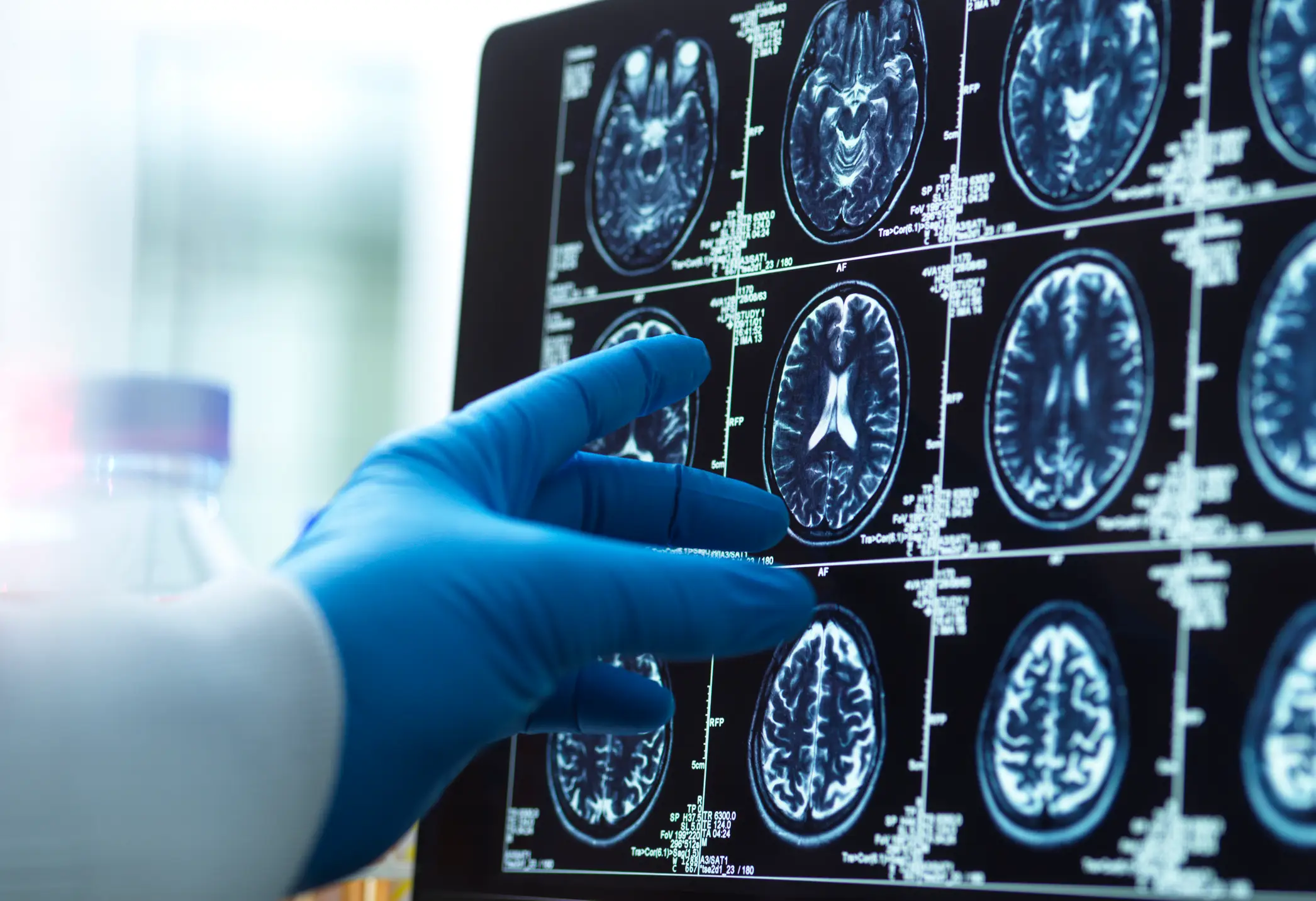
Medical experts have revealed there's a certain age where picking up an exercise regime could fight off against a dementia diagnosis later in life.
According to the Alzheimer's Association, more than seven million people in America are living with the condition, which is projected to rise to nearly 13 million by 2050.
The lifetime risk for Alzheimer's at age 45 is one in five for women and one in 10 for men, the charity adds, and about one in nine people age 65 and older has the diagnosis.
Research shows incorporating healthy lifestyle choices earlier in life that focus on brain health and reduce cardiovascular risks can potentially slow down its development.
Advert

In fact, around 13 percent of cases across the globe can be attributed to physical inactivity, reports Science Daily.
Now, it has been revealed there's a sweet spot around a certain time in our lives where turning to the gym or picking up some other active hobby can drastically reduce the chances.
A team of scientists from Spain tracked 337 adults who had a family history of the disease over a period of four years and discovered those who increased their activity levels to around two and a half hours a week between a specific age group had a better chance at prolonging the onset of Alzheimer's.
The study, conducted by the Barcelona Institute for Global Health (ISGlobal), found middle aged people between 45 to 65 who exercised at such a regular tempo were less prone to the toxic protein, beta-amyloid, from spreading in the brain.
Amyloid as well as another protein, tau, can impair neural communication by creating plaques and tangles in the brain, which is thought to be a driving force behind dementia.
Interestingly, the ISGlobal team found participants who increased their physical activity showed lower levels of the protein - and found a correlation between increased activity to a greater reduction in the amyloid threat.

The authors say those who exercised had a greater chances of preserving volume in the area of the brain that is critical for thinking and memory, while non-sedentary participants were more vulnerable to greater cortical thickness in certain areas - presenting an early sign of neurodegeneration.
Müge Akıncı, doctoral researcher at ISGlobal and first author of the paper, said: "Even those who did less physical activity than recommended had greater cortical thickness than sedentary people, suggesting that any amount of exercise, no matter how minimal, has health benefits."
Dr Eider Arenaza-Urquijo, an expert in the field and the lead author of the study added: "These findings reinforce the importance of promoting physical activity in middle age as a public health strategy for Alzheimer's prevention.
"Interventions aimed at promoting increased physical activity could be key to reducing the incidence of the disease in the future."
The study comes to highlight the World Health Organization's (WHO) recommendation of 150 to 300 minutes of moderate activity, or 75 to 150 minutes of vigorous activity, per week.
Topics: Fitness, Health, World News, Spain